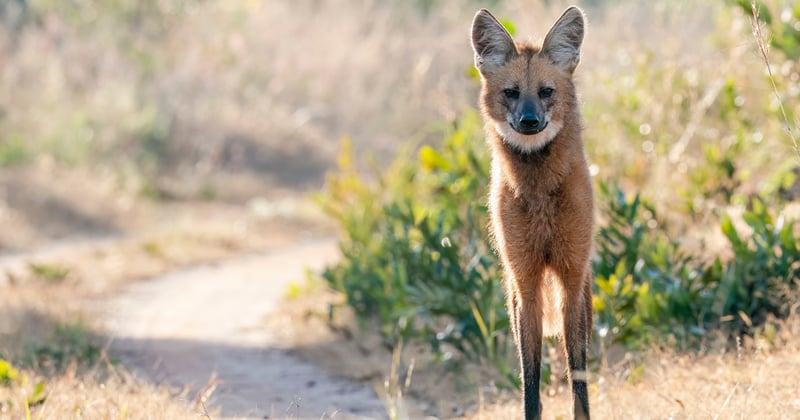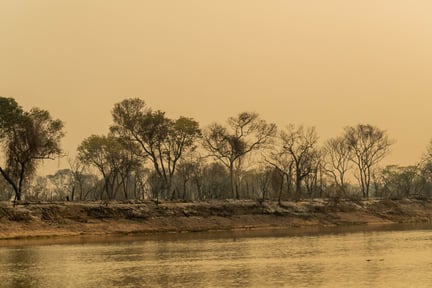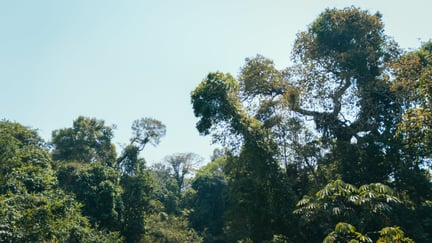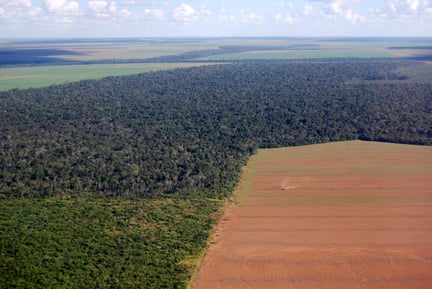
Brazil’s President Partially Vetoes “Devastation Bill” — But Threats to Animals and Nature Remain
News
Brazil’s President has partially vetoed the so-called “Devastation Bill” (Bill No. 364/2019), a controversial piece of legislation that weakens the country’s environmental licensing rules. The move comes after widespread public concern over the bill’s potential impact on biodiversity, Indigenous communities, and millions of wild animals.
Following the partial vetoes, the bill was sanctioned as Law 15,090/2025. While the changes represent a small step in the right direction, they still leave significant loopholes that prioritise short-term economic gains over long-term environmental protection.
While the new law weakens environmental licensing rules in Brazil, it is important to note that the text still grants free rein to agricultural and livestock expansion,
“These exemptions reduce oversight of activities with a high potential for environmental degradation and directly impact traditional communities, Indigenous peoples, and millions of wild animals,” says Natália Figueiredo, External Affairs Manager at World Animal Protection Brazil.
What the partial veto means
Despite the Executive’s efforts to minimise damage, the new law maintains exemptions from environmental licensing for small-scale extensive, semi-intensive, and intensive livestock farming. It also allows Licensing by Adhesion and Commitment (LAC) for medium-scale intensive livestock operations.
These changes open the door for activities known to harm ecosystems — from habitat fragmentation to water pollution — undermining protections for species like jaguars, maned wolves, macaws and anteaters, as well as tapirs, and countless other wild animals that depend on intact habitats.
By making it easier to expand factory farming — one of the biggest drivers of habitat destruction and climate change — Brazil risks moving further away from the principle of intergenerational responsibility enshrined in Article 225 of the Federal Constitution.
The fight is not over
The vetoes to Law 15,090/2025, along with those related to the Bill and a recently announced Provisional Measure, must still be reviewed by the National Congress. This means the final outcome for environmental protections is yet to be decided.
Environmental protection — and the protection of both human and non-human life — must become a real priority in political decision-making.
“Society must remain mobilised to ensure that the right to an ecologically balanced environment is upheld,” adds Figueiredo.
World Animal Protection will continue to work with partners, communities, and policymakers to push for legislation that protects nature, supports responsible food systems, and safeguards the future for animals and people alike.
Related content
Brazil passes ‘Devastation Bill’, putting wildlife at risk
News
Brazil has approved the ‘Devastation Bill’, threatening wildlife, forests, and global climate action. We are calling on President Lula to veto the law.
Deforestation concerns grow as Brazil prepares for climate summit
News
A controversial four-lane highway cutting through protected Amazon rainforest is under construction in preparation for the COP30 climate summit in the Brazilian city of Belém.
Habitat Loss & Destruction
Wildlife
Discover the causes and impacts of habitat loss, explore real-world examples, and learn how to protect and restore vital wildlife habitats worldwide.


